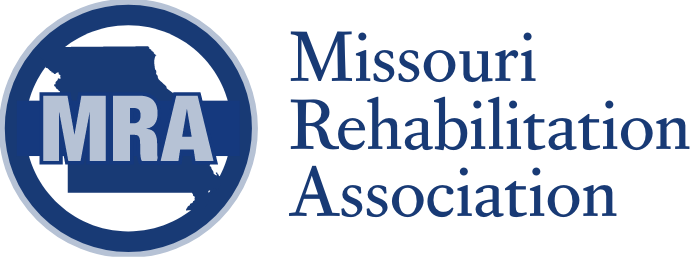In this section you will define professional engagement and discuss actions to increase your professional well-being.
“Professional engagement refers to the level of commitment and active participation that individuals exhibit in their professional activities and careers.”
Professional Engagement
The average person will spend 90,000 hours of their life at work. If this number is remotely accurate, it would be advantageous to engage in professional behaviors that support a healthy perspective. Having an awareness of professional engagement behaviors and engaging in behaviors that promote well-being integrate nicely into understanding career development stages.
Professional engagement refers to the level of commitment and active participation that individuals exhibit in their professional activities and careers. It encompasses a genuine interest and enthusiasm for one’s work, as well as dedication to ongoing learning, adaptability, and excellence in performance. Professional engagement goes beyond the routine tasks associated with a job and involves a proactive and positive approach to professional development, collaboration with colleagues, and contributing to the broader goals of the field while maintaining a healthy work life.
Think about the times you are most engaged at work, what are you doing?
Are you working with colleagues or collaborating with clients to achieve their goals?
Are you attending a training or thinking about ways to complete tasks more efficiently?
Are you participating in a professional organization, seeking a mentor, or striving to be the best possible professional?
These are just a few professional behaviors that increase your engagement and provide other health and work benefits. Research has demonstrated that individuals who are more engaged have higher levels of energy and overall well-being (Harter et at., 2002; Schaufeli et al., 2008). Moreover professional engagement helps to decrease burnout and intention of leaving current employment (Leiter & Maslach 2016, & Saks 2006).
Exploration Activity
There are four characteristics included in the definition of professional engagement. Read the following characteristics and think about the ones that speak most to you. It is not expected that individuals align with all four but rather embrace the characteristics that fit most with your current career stage.
Characteristic 1: Collaborative Adaptability
· This factor describes an individual's willingness and ability to adjust to new situations and changes in their work environment while actively seeking out and valuing collaboration with others. It encompasses an openness to new technologies, professional relationships, and diverse perspectives for problem-solving and professional growth.
Characteristic 2: Commitment to Continuous Learning
· This factor highlights an individual's dedicated pursuit of ongoing knowledge and skill development within their profession. It involves actively seeking learning opportunities, engaging in self-reflection to identify areas for improvement, and maintaining a lifelong commitment to professional growth.
Characteristic 3: Engagement and Enthusiasm
· This factor reflects an individual's passion, interest, and active involvement in their profession. It indicates a sense of excitement for daily tasks, confidence in professional interactions, and a belief that their role offers opportunities for meaningful development.
Characteristic 4: Learning Orientation (growth mindset)
· This factor describes an individual's belief that their abilities and intelligence can be developed through dedication and hard work. It involves viewing mistakes as valuable learning opportunities, embracing feedback as a tool for improvement, and always striving to enhance one's practice.
Listen to the podcast to learn more about professional engagement.
Summary
In this section you were introduced to the concept of professional engagement and the seven characteristics or behaviors that individuals can engage in to progress in their careers and more importantly can lead to increased well-being and a decrease in burnout. Perhaps it is useful to re-examine your career development goals and evaluate if any of the seven professional engagement characteristics can be added to your goals. If you are not quite in the action stage, which aspects of career development and professional engagement can you continue to reflect on or who can you have a discussion with regarding professional engagement? The following section will introduce you to motivation and its impact on your career.
-
Harter, J. K., Schmidt, F. L., & Keyes, C. L. M. (2002). Well-being in the workplace and its relationship to business outcomes: A review of the Gallup studies. Flourishing: Positive psychology and the life well-lived, 2, 205-224.
Leiter, M. P., & Maslach, C. (2016). Burnout and engagement: Contributions to a new vision. Burnout Research, 3(4), 185-189.

